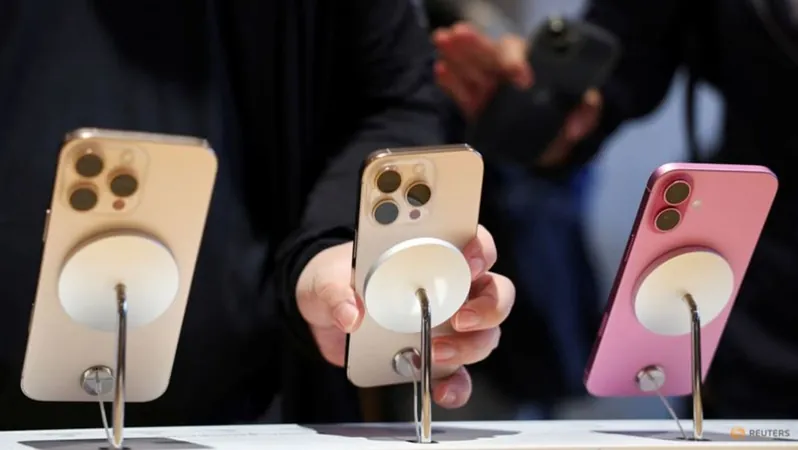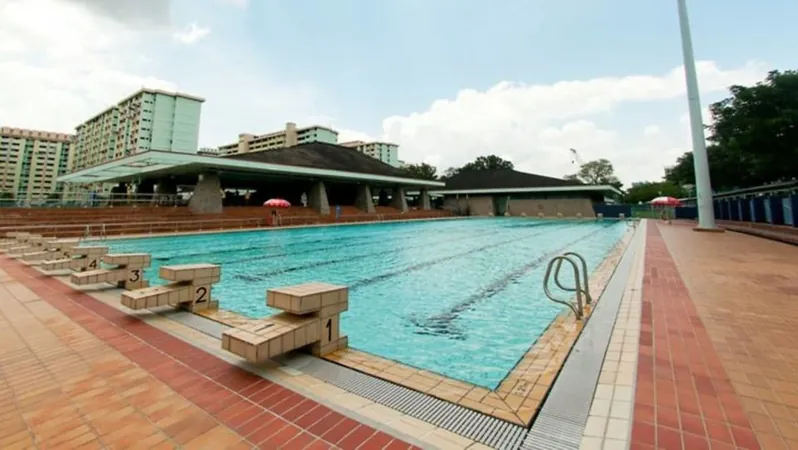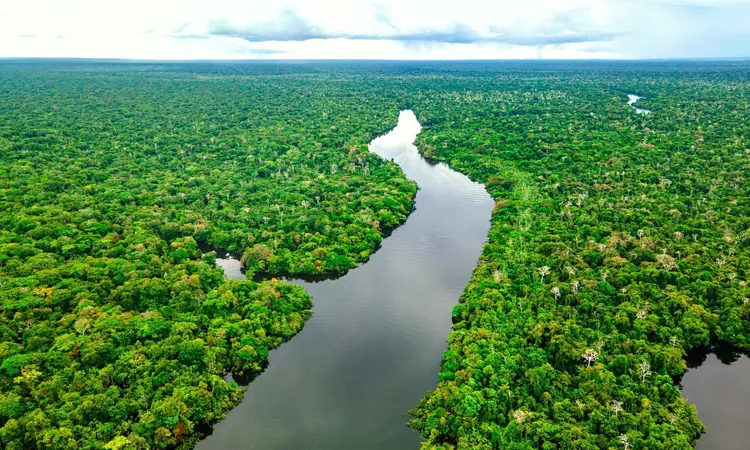
Indonesia Stands Firm on iPhone 16 Sales Ban Despite Apple’s $1 Billion Pledge: What You Need to Know!
2025-01-08
Author: Daniel
Introduction
In a striking move that raises eyebrows across the tech world, Indonesia has reaffirmed its ban on the sale of Apple’s latest iPhone 16, despite the company's substantial pledge of $1 billion in investments. This stance comes after a breakdown in negotiations over local manufacturing requirements—a significant hurdle for one of the world’s tech giants.
Background of the Ban
Back in October, Indonesia took the bold step of prohibiting the marketing and sale of the iPhone 16. The reason? Apple's failure to comply with stringent local investment regulations that demand at least 40% of components in smartphones be sourced from domestic manufacturers. This regulation is part of Indonesia’s broader strategy to stimulate local production and attract foreign investment in a rapidly evolving technological landscape.
Apple's Investment Pledge
Investment Minister Rosan Roeslani announced on Tuesday that Apple remains committed to investing $1 billion to establish a factory on Batam Island dedicated to producing AirTags—Apple's smart tracking devices. This factory, he said, is projected to supply a staggering 65% of the global demand for AirTags. However, there remains uncertainty about whether any official agreements related to this factory have been signed as of yet.
Government's Position
Industry Minister Agus Gumiwang Kartasasmita clarified the government’s position during a press briefing. He pointed out that AirTags, while a crucial accessory for Apple, do not fulfill the condition of being parts or components of core gadgets like the iPhone 16. 'Until this afternoon, we have no grounds to issue a domestic component level certificate for Apple products, especially the iPhone 16,' he stated bluntly.
Negotiation Status
During talks on Tuesday, Agus revealed that while Indonesian officials presented Apple with a counterproposal, there has been no immediate response from the tech giant. 'If Apple wants to sell the iPhone 16 as soon as possible, the ball is in their court—please respond to our counterproposal immediately,' he insisted.
Previous Proposals
Earlier this year, Apple also proposed a $100 million increase in its investments in a bid to lift the sales ban, but the Indonesian government quickly dismissed the idea in November, signaling their commitment to uphold the investment regulations without exemptions.
Personal Imports Allowed
Interestingly, even with the ban in place, the Indonesian government allows personal imports of iPhone 16 units as long as they are not sold commercially. Reports estimate that around 9,000 units of the new iPhone model have entered the country through this loophole.
Broader Regulatory Environment
Moreover, Indonesia is not alone in enforcing strict regulations. The government has also stalled the sale of Google Pixel phones for not meeting the same 40% local parts requirement. Despite the restrictions, around 22,000 Google Pixel phones made their way into the Indonesian market last year, highlighting the ongoing challenges tech companies face in compliance.
Conclusion
As the negotiations between Apple and Indonesian officials continue, many are eager to see how this high-stakes standoff will unfold and what it means for the future of Apple in one of Southeast Asia's largest markets. Will Apple adapt to meet the local requirements, or will this ban signify a longer-term impasse? Stay tuned for developments!



 Brasil (PT)
Brasil (PT)
 Canada (EN)
Canada (EN)
 Chile (ES)
Chile (ES)
 Česko (CS)
Česko (CS)
 대한민국 (KO)
대한민국 (KO)
 España (ES)
España (ES)
 France (FR)
France (FR)
 Hong Kong (EN)
Hong Kong (EN)
 Italia (IT)
Italia (IT)
 日本 (JA)
日本 (JA)
 Magyarország (HU)
Magyarország (HU)
 Norge (NO)
Norge (NO)
 Polska (PL)
Polska (PL)
 Schweiz (DE)
Schweiz (DE)
 Singapore (EN)
Singapore (EN)
 Sverige (SV)
Sverige (SV)
 Suomi (FI)
Suomi (FI)
 Türkiye (TR)
Türkiye (TR)
 الإمارات العربية المتحدة (AR)
الإمارات العربية المتحدة (AR)